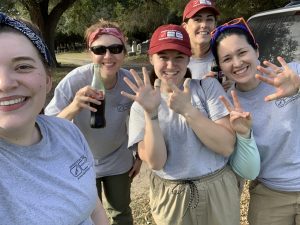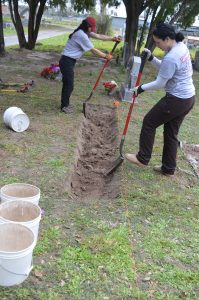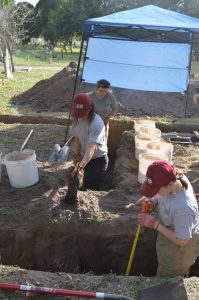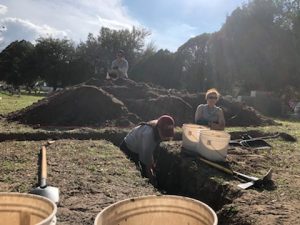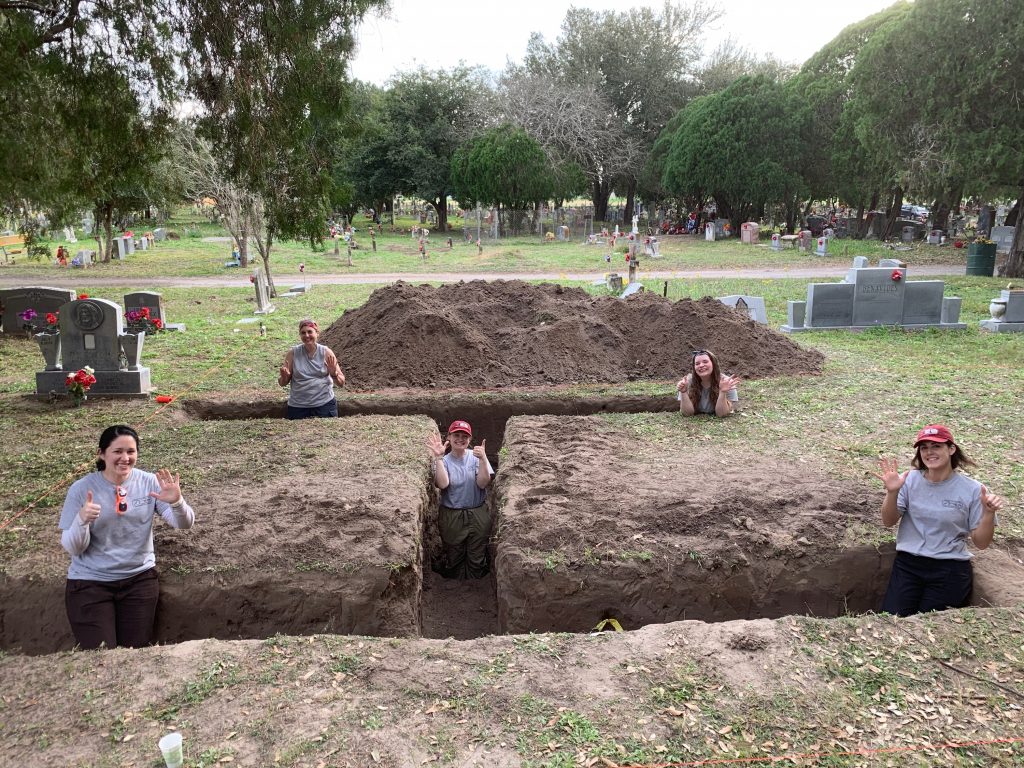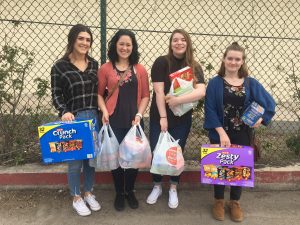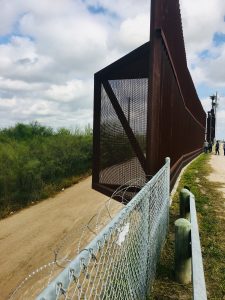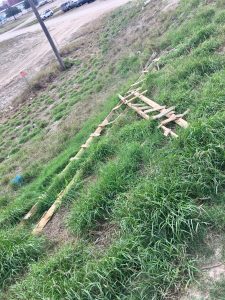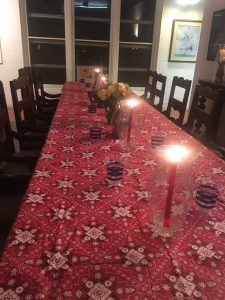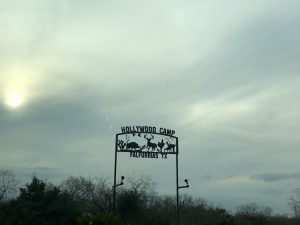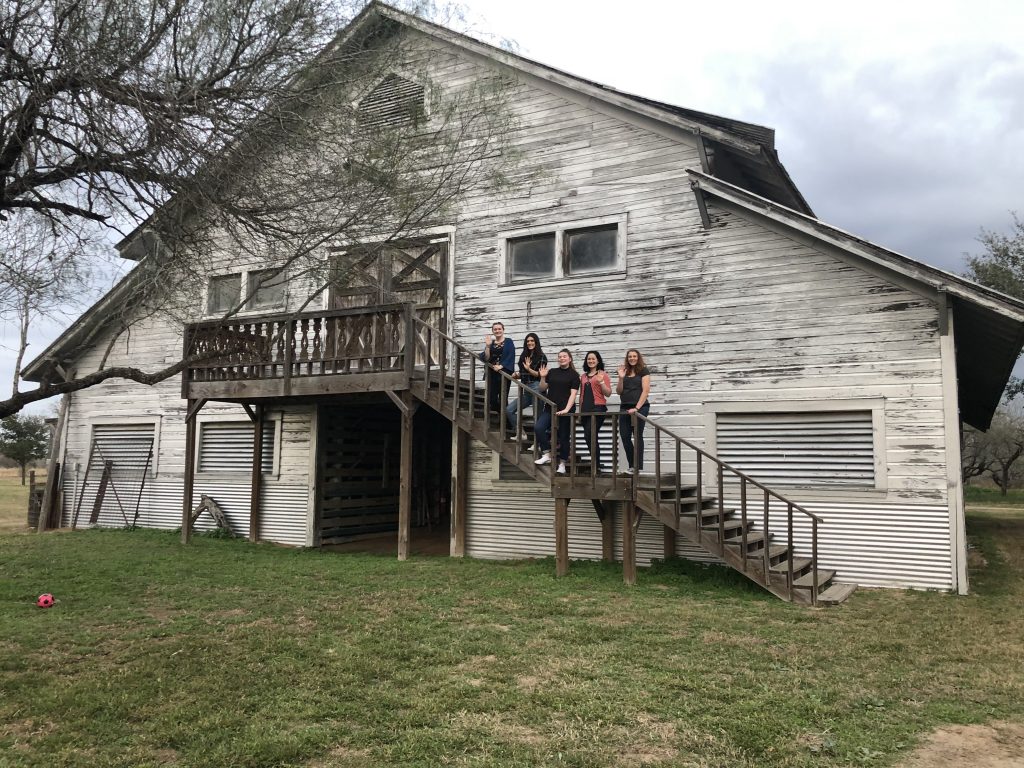Our day seven began as normal: getting to Sacred Heart at 7:30 and jumping right into digging. Our new area is quite large, so we are all motivated to work as efficiently as possible to clear it. We began the day by extending our two long trenches and adding a third in the middle. As we move down, we will cut across perpendicularly while continuing to extend the long ones.
Long story short: we have moved and will continue to move a lot of dirt.

While we love the work, we welcomed a change of pace today when Dr. Spradley said Deputy White needed a team to go on a search with him at a local ranch. We were set to leave at nine, so we set a timer for thirty minutes and got as much dirt moved as we could before it went off. Then, we headed out to the ranch.
Once inside the gate, we were met by two Border Patrol agents. We went to the area of interest and began to search.
When you take a crime scene investigation course, or even an introduction to forensics course, you learn different search methods: line searches, spiral searches, grid searches, etc. None of that training prepared me for searching this ranch. Walking ten feet in one direction is basically impossible due to the brush-filled terrain. If you kept up with the blog from the Summer 2018 search season, you have a better understanding of what I am talking about. If not, start here. Dr. Latham and Angela are the only ones who have done a search like this before, so the rest of us were learning as we went.
As I was searching, I came up with a system where I would walk from one landmark to another before moving forward: jacket to water bottle, water bottle to large cactus, large cactus to broken branch. This was a way for me to try to keep the main area in mind and to not wander off. I had my phone, but with no signal it would not have done me any good. At one point there was no one within my line of site. It was high noon and the visibility was as good as it could be. I couldn’t see Sammi’s white jacket or Dr. Latham’s red bandana. When migrants traverse this area it’s most often in the dead of night. I cannot imagine trying to navigate the rough terrain in total darkness, no compass, and no idea of where to go. I was thankful we did not have far to go and were able to stay relatively close to each other.

After we finished our search, we returned to Sacred Heart and found out the Brooks County Judge had brought everyone pizza for lunch. We took a small break to eat and then continued in our digging efforts. We worked for a few more hours but called it an early day so that we could get cleaned up before heading out to La Copa ranch where our Texas State colleagues are staying. The people who run the ranch (The Ed Rachal Foundation) were kind enough to throw us a barbeque! We were able to eat and drink with those who we normally only get to see in the field, offering a nice break from our day-to-day efforts in the cemetery.
We only have two days left in the field, and our plan is to get as much done as we possibly can while still remaining confident in our work.
Thanks for continuing to follow our progress!
